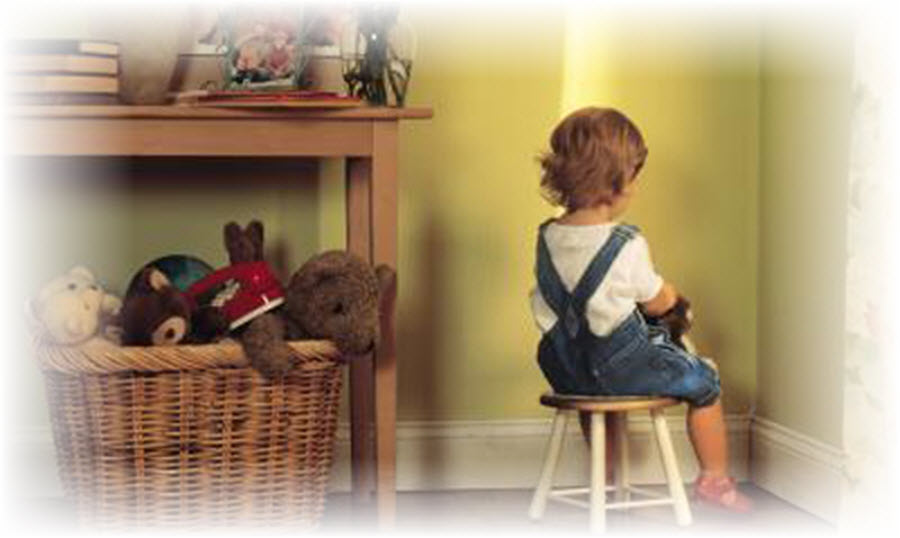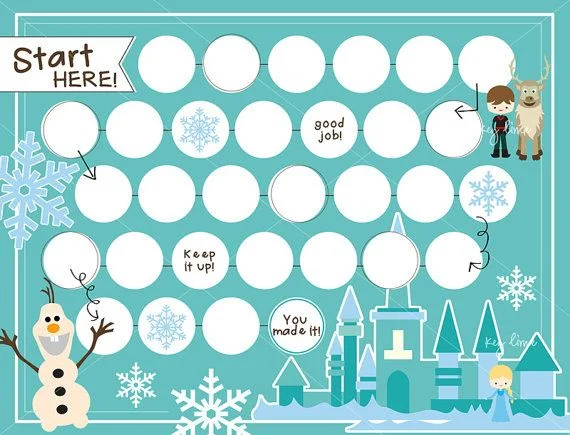Consequences and Discipline
/When disciplining a child the most important thing is that they LEARN THE LESSON, not receive the punishment. Does that make sense? Yes, they should receive a consequence, but we need to make sure they actually learned the lesson so they don't repeat the undesired behavior.
You also want to make sure the consequences make the most sense so that the lesson is learned.
Natural Consequences and Logical Consequences:
Natural Consequences are the BEST because they are most likely to happen and tend to teach the best lesson. Logical Consequences are consequences that make the most sense, sometimes based on what the natural consequence would be if allowed to happen.
Here's an example: If you leave your bike out in the rain, it will likely rust. (or get stolen!). So if your child doesn't put his/her bike away- they should lose the privilege of being able to ride their bike (for a day or week perhaps). Another example: if you are mean to the cat, the cat won't want anything to do with you. So if the child is teasing/hitting the pets, then maybe they can't play with them for a day. If the natural consequence does actually occur this can be a very good lesson for the child (or spouse!).
So try to make the "punishment fit the crime" as they say, if possible. Also check with the child to see if they learned the lesson. "So honey you can't play with your toys today because you didnt clean them up yesterday. I hope you make better choices tomorrow", or "So what did you learn from not being able to play with your friends today? Yes you need to play nicely with them if you want a play date."
When you can't use the above consequences: (and other info)
- Take away a privilege that they care about. (This will vary depending on the child and child's age. TV, computer, wii, video games, ipad, cell phone, car use for teens, sporting event, trip to a special place that was planned, etc). Even if they say they don't care- they usually still do. Make sure they realize the consequence too. For example they lose going to baseball. So take them to baseball practice but they can't participate. (Believe me- they will care!) If they sit home and play video games when they lost baseball practice this isn't really going to work! If they lose 5 minutes of pool time, don't let them play in the house, have them sit poolside and watch their friends/siblings play.
- Have them "Re-do" the behavior the correct way. "Try again" you could say when they answer you rudely. (See other post on that topic)
- Try Rewards- (see other blog post on that)
- Have them earn their privileges instead of having them already available to them (like earning TV or computer time).
- Get creative!
- Discuss the lesson after/during the consequence
- Ignore them. This is the simplest and sometimes the most effective skill. Its called "Planned Ignoring". Ignore the tantrum, ignore the negotiation, ignore the arguing, ignore the attention-seeking behaviors. You can say "Im waiting until you are calm." or "Let me know when you are ready", and turn away from them (don't laugh even if they are being hilarious!!) and wait for them to stop the behavior (or do the direction you told them to do).
- Don't argue! Don't negotiate! Give the direction. Remind them of the consequence. Then wait for child to do it. If they don't- they get a consequence. It's that simple! (TIP: Pre-set up a list of House Rules and Resulting Consequences so you dont have to think of a consequence in the moment, also so the child knows what to expect).
- Time outs - this isn't just the typical 3-5 minutes on the step or couch or corner, but also an item can be in time out (like a toy kids are fighting over can be put out of play for a few minutes or longer), child has to sit out and not participate in something (see ideas above), child isn't given attention for inappropriate attention seeking behaviors. Remember with time outs you can do one minute per age for little kids. Older kids this isn't usually used. Special needs kids- do the amount of minutes they are developmentally, or half of what their age actually is, or whatever is attainable!
- Have the child explain why they got the time out/consequence to you, and how/what they will do differently and better next time. THIS IS THE MOST IMPORTANT PART. This is how you can tell if they learned their lesson. I know I keep repeating this, but that's how important it is! "Yes you were in time out for hitting your sister, what should you do next time she takes your toy from you?" If the child can't come up with a response, wait and repeat the question so they don't just get away with saying "I dont know". Then if they genuinely don't know, throw out some suggestions and have them pick the right response. If possible act it out/role play the situation too. (With older kids (3-7 yr olds), little kids probably won't be able to do this(2-3 yr olds).
Apologies: If you give your child a consequence and they beg and plead saying they are sorry. You should NOT give in, however acknowledge they are sorry, but still give a consequence (after all if you were to do something wrong at work, you might say you are sorry but may still be put on probation. Or if you got a speeding ticket, you can apologize to the cop, but he will likely still give you that ticket!) "I'm glad you are sorry, but you still are getting a consequence".




